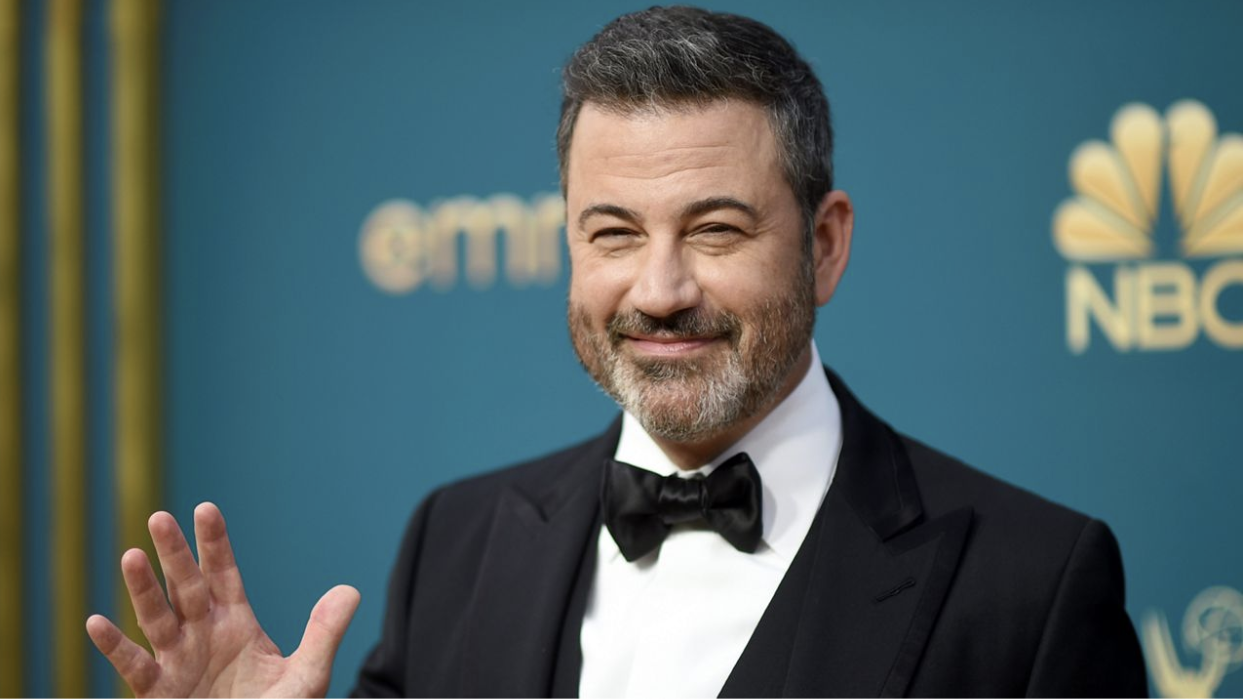Photo via Spectrum News
***
Earlier this week, on Wednesday, September 17th, the late-night show Jimmy Kimmel Live! was suspended indefinitely by ABC due to comments made about the conservative activist Charlie Kirk. During the show, Kimmel made remarks about Kirk being a supporter of President Trump and the “MAGA gang doing everything they can to score political points.” Although the comment made was definitely one of his more controversial jokes, many saw nothing wrong or disrespectful about it. The announcement of Kimmel’s suspension not only shocked his audience but also sparked outrage among both Democrats and Republicans. Considering free speech to be a right consistently defended throughout the Trump administration’s campaign and one that President Trump puts into practice daily on platforms such as TruthSocial and in press conferences. Many found the silencing of this late-night show to be hypocritical. Many Republicans and Democrats alike agree that free speech is a fundamental right the Constitution guarantees, regardless of what party or beliefs one holds. Consequently, this raises the urgent questions of whether free speech is being suppressed and what this means for the future of political critique in American media.
The suspension quickly escalated into a national debate. Late-night television has long been a platform for comedians to blend satire with political commentary that everyday Americans can relate to. Critics thus fear that punishing Kimmel could create a chilling effect across the industry and risk eroding democratic dialogue. This controversy highlights a broader national struggle: both conservative and liberal voices have faced backlash for controversial speech, often with government actors weighing in. As divides deepen amongst the population, the shared principle of free speech is a unifying factor. If comedians, journalists, and citizens alike begin to self-censor out of fear of reprisal, the nation may trade open dialogue for silence at a time when honest debate is most essential for democracy’s survival.
Shortly after the show’s cancellation—while the Federal Communications Commission Chair defended the move—the only democratic member of the FCC, Anna Gomez, opposed the decision. Gomez stated, “An inexcusable act of political violence by one disturbed individual must never be exploited as justification for broader censorship or control. This administration is increasingly using the weight of government power to suppress lawful expression.” Her remarks echo growing public concern that the decision reflects a dangerous precedent for freedom of expression and illustrates how Trump era governance is reshaping the relationship between politics, media, and speech for anyone who may display critiques or opposing views. Similarly, criticisms for the move to suspend the late-night show were expressed on behalf of the Writers Guild of America through a statement expressing shame on those in government who forget this founding truth.
While the First Amendment does not prevent private networks from disciplining employees, observers argue that when government pressure influences such decisions, it blurs the line between private choice and state censorship. The decisions by Nexstar and ABC to suspend Kimmel’s show, over relatively innocuous comments, are seen by many as the latest sign of how terrified major corporations and media companies have grown of a second Trump administration. The president and his allies have openly signaled their willingness to leverage the full weight of the federal government against networks and their parent companies, particularly when TV personalities or comedians annoy or criticize him. Leading up to the decision to pull Kimmel, sources said senior executives at ABC, ABC’s owner Disney, and affiliates convened emergency meetings to figure out how to minimize the damage. Multiple execs felt that Kimmel had not actually said anything over the line, but the threat of Trump administration retaliation loomed.
The suspension of Jimmy Kimmel Live! is more than a dispute over a single late-night joke; it has become a flashpoint in the broader struggle over the boundaries of free expression in American media. Corporations are now forced to weigh the risks of angering those in power while government officials signal willingness to retaliate and suppress critical voices. The stakes for open dialogue could not be higher. Regardless of the content of Kimmel’s comments, the principle of the matter transcends political parties: in a democracy, satire and speech must remain protected, not punished, if they critique instead of agree with the government. If networks, comedians, and journalists are compelled to censor themselves out of fear of political reprisal, the American public risks losing one of its most vital and fundamental rights: the freedom to speak truth.
(Editor Note: At the time of this article’s publication, Kimmel has been reinstated on Jimmy Kimmel Live! and has addressed the show’s brief cancellation in his most recent episode)
***
This article was edited by Anna Gehres and Cameron Ma.
